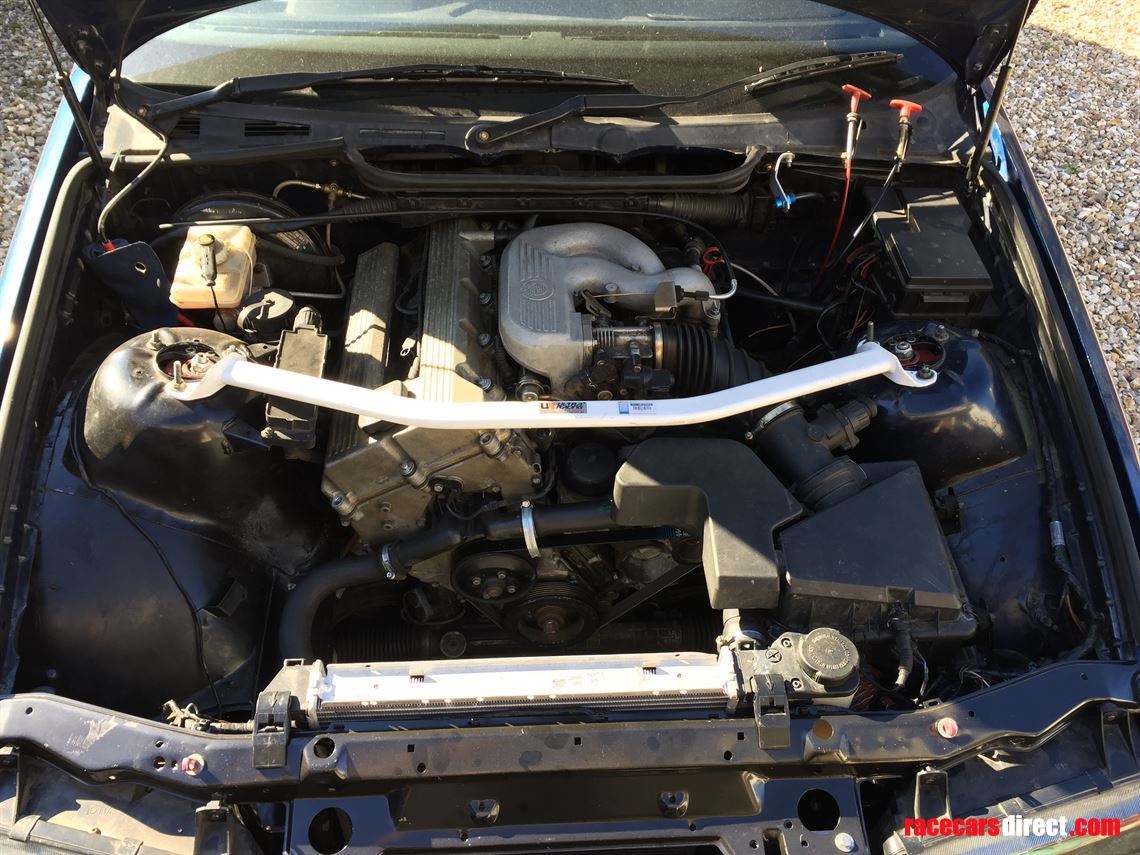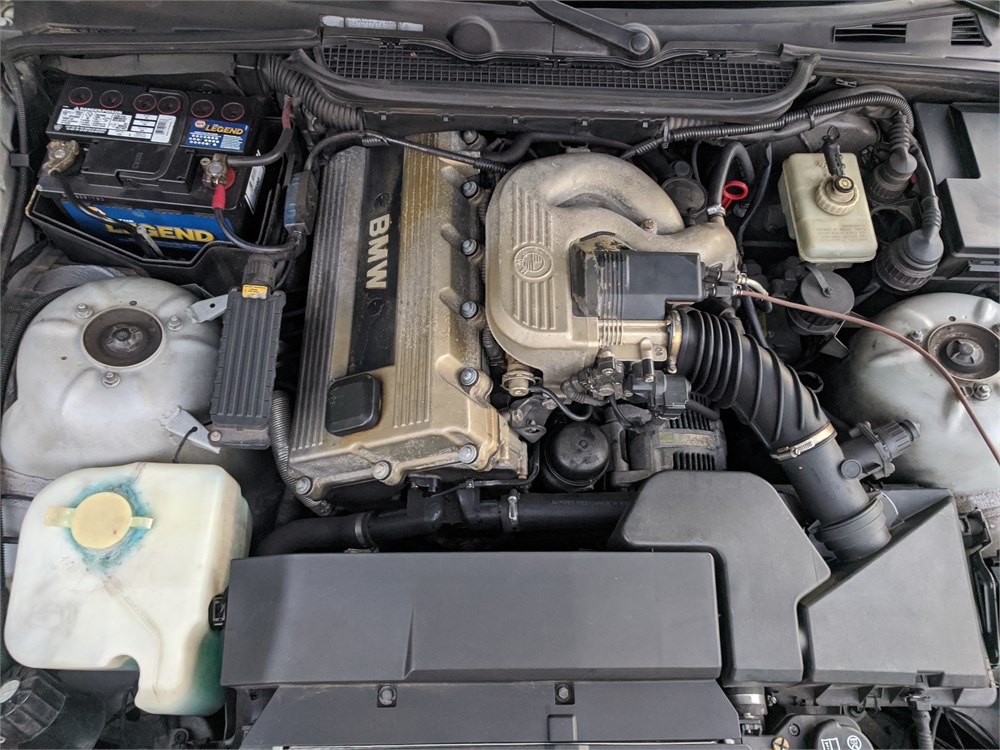BMW 318ti: A Comprehensive Overview to This Compact Giant
BMW 318ti: A Comprehensive Overview to This Compact Giant
Blog Article
Important Factors To Consider for Selecting the Ideal Engine for Your Requirements
In the realm of picking the optimal engine to meet your demands, several crucial variables demand thorough consideration to make certain optimal efficiency and effectiveness. From the nuanced equilibrium between power and efficiency to the often-overlooked aspects of maintenance and solution requirements, each aspect plays an essential role in establishing the most appropriate engine for your specific needs. As the intricacy of engine innovations continues to develop, critical one of the most fitting choice demands a deep understanding of the interplay in between different considerations. By exploring the intricate web of variables that underpin this decision-making process, a clearer path emerges in the direction of selecting an engine that not just meets yet exceeds your expectations.
Power and Efficiency
When evaluating engines for optimal performance, it is vital to focus on both power result and performance. Power outcome determines the capability of an engine to produce power, which straight influences its efficiency. A high power result is crucial for requiring tasks such as high-speed needs or sturdy applications. It makes sure that the engine can manage the workload efficiently and efficiently. However, power alone is not adequate; effectiveness plays a significant role in determining the total performance of an engine. Performance describes how well the engine converts gas into useful power. A a lot more effective engine will certainly deliver better gas mileage, lower exhausts, and minimized operating costs. Striking the right equilibrium between power result and effectiveness is essential to choosing an engine that fulfills your certain requirements. It is important to consider variables such as the meant use of the engine, ecological effect, and lasting expense ramifications when making this decision. By thoroughly reviewing both power and performance, you can choose an engine that provides optimal performance and satisfies your requirements properly.
Fuel Effectiveness and Economy
In the world of engine selection, the factor to consider of fuel performance and economic climate holds extremely important relevance. Fuel efficiency describes the engine's ability to convert gas right into power with marginal waste, straight affecting operating expense and environmental sustainability. bmw 318ti. When selecting an engine, examining its gas economic situation is crucial to figure out long-lasting financial savings and environmental impact. Engines with higher fuel efficiency not only decrease fuel expenses but likewise reduce carbon exhausts, contributing to a greener procedure.

Compatibility and Application
Taking into consideration the fuel performance and economic situation of an engine, the following vital element to address is its compatibility and application within details operational contexts. Compatibility describes exactly how well the engine incorporates with the general system or devices it powers. It involves aspects such as physical measurements, placing alternatives, electric user interfaces, and control systems. Guaranteeing compatibility is necessary to prevent issues such as getting too hot, resonances, or power inequalities (bmw 318ti).
Different engines are designed for details purposes, whether it be commercial equipment, aquatic vessels, autos, or power generators. Recognizing the intended application permits for the choice of an engine that can provide the necessary power output, torque, and operational characteristics.
Maintenance and Solution Needs
Maintenance and service needs play a vital role in making sure the long life and ideal efficiency of an engine. Normal upkeep is vital to avoid break downs, prolong the life-span of the engine, and keep its efficiency. When choosing an engine, it is very important to think about the supplier's suggested upkeep timetable and the availability of service centers or qualified specialists.
Elements such as the regularity of oil adjustments, filter substitutes, and reference total inspections can considerably affect the engine's efficiency. Some engines may require more frequent servicing based on their design and use, while others might have longer periods in between upkeep checks. It is essential to comply with these solution needs to stay clear of expensive fixings and unforeseen downtime.

Price and Budget Plan Considerations
Spending plan restrictions typically play a significant duty in the decision-making process when selecting an engine for a specific application. When taking into consideration the price and budget effects of selecting an engine, it is vital to analyze not just the first purchase price however also the lasting costs connected with upkeep, gas usage, and possible read this article upgrades or repair work. It is critical to strike a balance in between the ahead of time cost of the engine and its total lifecycle costs to guarantee that the picked engine remains economically lasting throughout its functional lifespan.
Aspects such as fuel reliability, performance, and sturdiness can directly influence the total price of ownership of an engine. While a more costly engine may have greater ahead of time expenses, it could possibly result in lower upkeep and fuel expenditures over time, thus using far better value in the long run.
Conclusion

Fuel performance refers to the engine's capability to transform gas right into energy with very little waste, directly impacting operating expenses and environmental sustainability.Elements affecting gas effectiveness consist of engine layout, burning efficiency, and overall performance optimization. Additionally, choosing the ideal fuel type and grade as Learn More Here suggested by the engine manufacturer can better enhance effectiveness and extend engine life expectancy.
Engines with excellent serviceability attributes and conveniently available components can decrease upkeep expenses and minimize the time the engine is out of procedure - bmw 318ti. It is critical to strike an equilibrium between the in advance cost of the engine and its general lifecycle costs to make sure that the picked engine stays economically lasting throughout its functional lifespan
Report this page